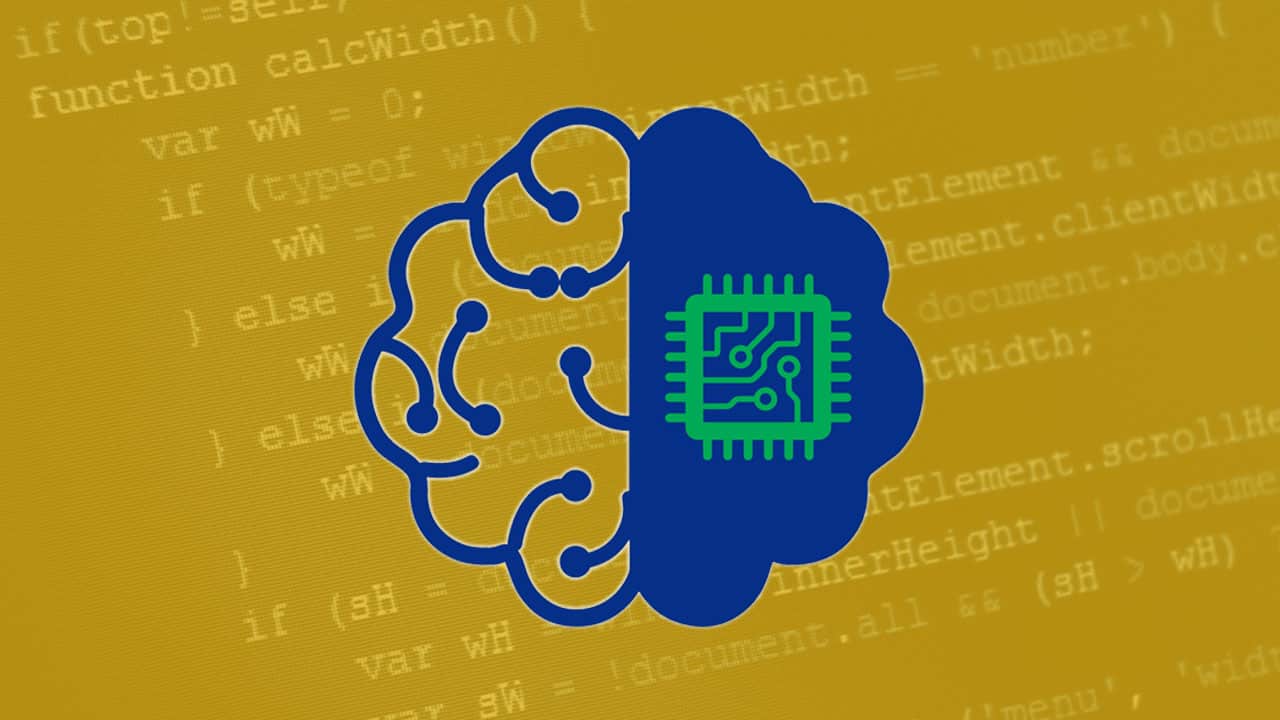Facebook Open Sources Pythia: A Deep Learning Framework

The open source community is evolving like never before. In recent times, more and more tech conglomerates have started taking interest in the open source development and also released some of their secret resources in the public domain.
With that being said, a few days ago, a team at Facebook open-sourced Pythia, a deep learning framework for vision and language tasks. It’s built on the open-source PyTorch framework and supports multitasking in the vision and language multimodal research.
As I already said, Pythia is designed for vision and language tasks that include answering questions that are related to visual data and generating image captions automatically. Pythia allows researchers to build, reproduce and benchmark AI models seamlessly.
This framework also includes elements of Facebook’s winning entries in AI competitions such as VQA Challenge 2018 and Vizwiz Challenge 2018.
Table of contents
Main Features of Pythia
- Multitasking: Pythia supports multitasking and distributed training.
- Datasets: It also supports various built-in datasets including VizWiz, VQA, TextVQA and VisualDialog.
- Customization: This framework comes with customization features like custom losses, metrics, scheduling, tensor board as per the requirements of the customers.
- Unopinionated: Pythia is unopinionated about the dataset and model implementations that are built on top of it.
- Performance gauging: Pythia helps in gauging the performance of new models.
- Reference implementations: Pythia references some implementations to show how previous state-of-the-art models achieved related benchmark results.
The main aim behind releasing Pythia in the public domain is to accelerate the AI models and their results. Everyone knows that more and more companies are incorporating AI into their products with a hope to understand their users, provide better services, becoming future-ready, etc. But still, there’s a gap between normal developers and costly AI development tools.
Pythia aimed to bridge that gap and make it easier for the community to build on, and benchmark against, successful systems.
The Facebook team also hopes that this framework will also be used by researchers to develop an adaptive AI model that amalgamates multiple kinds of understanding into a more context-based, multimodal understanding. Furthermore, the team will keep adding tools, data sets, tasks and more to make Pythia even more useful.
Also Read: Google Launches AI Platform For Developers and Data Scientists
Taking full responsibility for regular security slips, Facebook is striving to make the platform better and more useful for users. The company is also fighting hard with fake news and taking strict action against accounts and pages involved in these activities. Yesterday, Facebook removed the page for Natural News with nearly 3 million followers who had a history of pushing hoaxes.